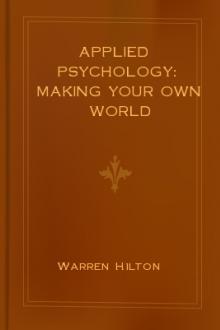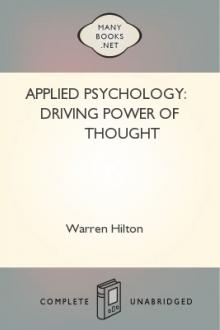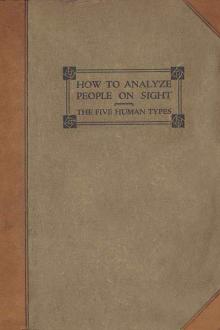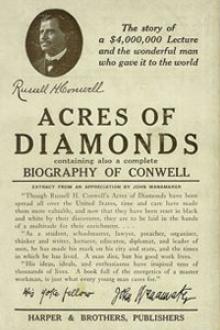Genre Philosophy. Page - 21
All entire books of the Philosophy genre on your device.

tion Process]The other aspect of the Sense-Perceptive Process has to do with the mental interpretation of environment. Both these aspects are distinctly practical. You should know something of the weaknesses and deficiencies of the sense-perceptive organs, because all your efforts at influencing other men are directed at their organs of sense. You should understand the relationship between your mind and your environment, since they are the two principal factors in your working life. CHAPTER III

s: 5:24 And Enoch walked with God: and he was not; for God took him.5:25 And Methuselah lived an hundred eighty and seven years, and begat Lamech. 5:26 And Methuselah lived after he begat Lamech seven hundred eighty and two years, and begat sons and daughters: 5:27 And all the days of Methuselah were nine hundred sixty and nine years: and he died. 5:28 And Lamech lived an hundred eighty and two years, and begat a son: 5:29 And he called his name Noah, saying, This same shall comfort us

p>The most important of these laws is the Law of Habit. In obedience to this law, the next idea to enter the mind will be the one that has been most frequently associated with the interesting part of the subject you are now thinking of.The sight of a pile of manuscript on your desk ready for the printer, the thought of a printer, the word "printer," spoken or printed, calls to mind the particular printer with whom you have been dealing for some years. The word "cocoa,"

suddenly changed and accomplished wonders. "I lost my opportunity," says one. That may be true, but by sheer force of will, we can find a way to bring us another opportunity. There is no truth in the saying that opportunity knocks at our door but once in a lifetime. The fact is, opportunity never seeks us; we must seek it. What usually turns out to be one man's opportunity, was another man's loss. In this day one man's brain is matched against another's. It is often the quickness of

dered me goodservice in the investigation of phobias, obsessions, illusions, and thelike, and which, under the name "psycho-analysis," had found acceptanceby a whole school of investigators. The manifold analogies of dream lifewith the most diverse conditions of psychical disease in the wakingstate have been rightly insisted upon by a number of medical observers.It seemed, therefore, a priori, hopeful to apply to the interpretationof dreams methods of investigation which had been

facial muscles.Constant repetition of the same kinds of thoughts or emotions finally makes permanent changes in that part of the body which is physiologically related to these mental processes. The Evolution of the Jaw ¶ The jaw is a good illustration of this alliance between the mind and the body. Its muscles and bones are so closely allied to the pugnacity instinct center in the brain that the slightest thought of combat causes the jaw muscles to stiffen. Let the thought of any actual

onderful world of ours. If this internalmolten mass came bursting out and cooled veryquickly it became granite; less quickly copper,less quickly silver, less quickly gold, and, aftergold, diamonds were made.Said the old priest, A diamond is a congealeddrop of sunlight.'' Now that is literally scientificallytrue, that a diamond is an actual depositof carbon from the sun. The old priest told AliHafed that if he had one diamond the size ofhis thumb he could purchase the county, and ifhe had a mine

teness implies all give and little or no return, it is well to recall Coleridge's definition of a gentleman: "We feel the gentlemanly character present with us," he said, "whenever, under all circumstances of social intercourse, the trivial, not less than the important, through the whole detail of his manners and deportment, and with the ease of a habit, a person shows respect to others in such a way as at the same time implies, in his own feelings, and habitually, an assured

from, and could not be without, the seed, so every act of a man springs from the hidden seeds of thought, and could not have appeared without them. This applies equally to those acts called "spontaneous" and "unpremeditated" as to those, which are deliberately executed.Act is the blossom of thought, and joy and suffering are its fruits; thus does a man garner in the sweet and bitter fruitage of his own husbandry. "Thought in the mind hath made us, What we are By thought

fe and children,perceiving it, began to cry after him to return; but the man puthis fingers in his ears, and ran on, crying, Life! life! eternallife! [Luke 14:26] So he looked not behind him, but fled towardsthe middle of the plain. [Gen. 19:17]{19} The neighbours also came out to see him run [Jer. 20:10];and, as he ran, some mocked, others threatened, and some criedafter him to return; and, among those that did so, there were twothat resolved to fetch him back by force. The name of the one